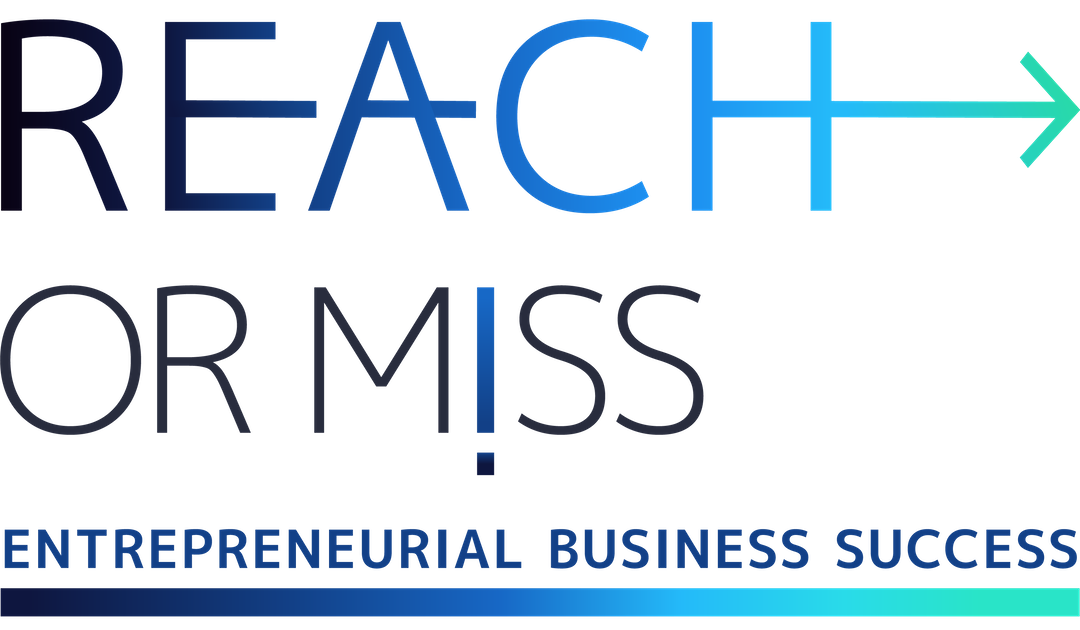The most important choices entrepreneurs make that affect their chances for entrepreneurial business success Part 1

The most important choices entrepreneurs make
that affect their chances for entrepreneurial business success
Part 1

Image by Gerd Altmann from Pixabay
Today is our election day. Over the last two weeks, it has felt like this election is the most critical choice we could make. However, by the end of the week new challenges, struggles, and changes will arise. Once we make a choice, it becomes a fact. Most of us, me included, tend to forget past events that were crucial at the time.
That’s what started me thinking about the most critical choices most entrepreneurs make and how it affects their entrepreneurial business success.
I have worked with more than 120 startups and entrepreneurs, and met with thousands more over the last eleven years since I established my own company/entrepreneurship for startup founders and entrepreneurs.
Any entrepreneur makes hundreds of new decisions a day. So do many CEOs and traditional business owners. There are two main differences between the decisions an entrepreneur makes and those traditional business managers make:
First – Most entrepreneurs aren’t familiar with managing a business. Often, they came from the technological world with, at best, a minimal business background.
Second – Entrepreneurs usually invent new, unique businesses where there are many new choices to make; while other business managers address a well know field of activities.
These are the most important/critical choices most entrepreneurs face:
- Running the entrepreneurship by themselves or as part of a team of founders? And if you choose partners, how to choose them?
- Which target audience (potential customers) to focus on first?
- How to monetize your entrepreneurial business (what should be your business model)
- How to bring in new customers?
I’m sure my readers have faced many other critical choices that could affect their entrepreneurships. Here I pointed out the most common essential issues entrepreneurs are concerned about, as I learned from my customers and other entrepreneurs.
I’d love to hear what important questions or choices you are facing!
I’d love you to share any other critical choices you had to make as entrepreneur
The two first questions
Let’s unpack the first two critical questions: how the different options will affect you and your entrepreneurship, what options there are to choose from, how those options will affect your business and most importantly – is there any guidance or advice to help you make the right decision?
- Running the entrepreneurship by yourself or as part of a team of founders
This is indeed a major decision an entrepreneur should make. On one hand, there are those who know the answer in advance. Many of the current entrepreneurs decided to leave their traditional 9-5 work place and to offer their expertise by themselves. For them, finding a partner isn’t a question.
The pros and cons for being a solo entrepreneur or be a part of a founders team:
Being a solo entrepreneur:
Pros
- You can trust yourself to make the right decisions according to your preferences or beliefs, search for the data you trust and need, and consult only with people whose opinions you value.
- You can choose the directions that best fit your expertise and knowledge, which means less risk.
- You can choose to work with people who are loyal to you and whom you trust.
- You work with clients that trust you and choose to work with you. It’s usually a safer ground to work on and has a higher chance of success.
Cons
- You run the risk of working in an echo chamber, where you may not hear/think about the other side of issues.
- A lot of solo entrepreneurs talk about the loneliness they face most of the time.
- No one to replace you in case of a vacation or if you get sick or are unavailable.
Being a partner or a part of a team of founders
Pros
- In case you go for fundraising, most investors won’t work with a solo entrepreneur.
- You can address several tasks at the same time, while each founder takes care of what they each best at – which will allow you to reach you targets faster.
- You can cover each other, in case someone is on vacation or home sick. Also in case there is a task you aren’t as good at, or if you have a meeting with someone who is not a big fan of one of you.
- There is someone else you can trust.
- You don’t feel lonely.
Cons
- You often need to compromise on things you believe in or are important to you.
- You are not the only one in charge of success – it means you can fail due to someone else’s mistakes.
- You might find yourself with somebody you can’t bear, someone who left with your money, etc.
- You could find yourself with a totally different business or products or clients than you aimed for.
Tips and insights for those of you who choose to go with partners
I’d like to share some valuable tips and insights I discovered along the way; I hope you will find them valuable for both building the right base for your entrepreneurial relationships, and solving issues and struggles you will face alone the way.
Insight # 1: Find a partner that is truly passionate about your venture’s success as much as you are. This is, in my opinion, the best and most powerful advice –
As long as both partners focus and are dedicated to the company’s success, you will always be able to convince each other of the best solution.
Insight # 2: Be empathic. Understand what your partner’s cares and concerns are and respect them.
Insight # 3: Once you’ve decided on your division of duties, respect them.
I had the pleasure of meeting the two founders of Tvinci and seeing how they always respected each other’s position.
They respected each other’s executive roles, although they were good friends, had similar backgrounds, and had followed similar professional journeys.
Insight # 4: Never talk about your partner behind their back.
Insight # 5: Never skip an opportunity to celebrate an achievement or success together.
You might like to read more about finding and working with the right partner in my post about The 25 Best Business Partner Duos of All Time
- Which target audience (potential customers) to focus on first?
This is a critical question many entrepreneurs struggle with.
The good news – there is a clear way to discover which potential customers you should focus on at any stage of your business. Many entrepreneurs believe it’s a matter of trial and error or some kind of a chance they need to take. However, the issue of which customers to focus on has proven ways to research and find the right answer for your entrepreneurship.
The bad news – too many entrepreneurs get this wrong. Don’t be one of them.
In order to choose the right target audience for your entrepreneurship at a given time, you should find your biggest market opportunity; the one that your product specifically gives the best solution for. You should look for two main things:
You need to find who are trying the hardest to solve the problem your product solves. Not those who suffer from the problem most, because they might be too afraid to take a risk. Find people who are actively searching for an answer.
That means you need to understand your customers’ cares, needs, and wants regarding the product or service you sell.
But more than that, entrepreneurs have an uphill battle ahead of them because most of the time, they invented something new or slightly different from existing solutions that people don’t know about.
What will allow you to find your biggest market opportunity is to find who is doing what with the one dollar and one minute you want them to put into your product.
Thanks to the way search engines and social networks collect and track information today, there is a fast and reliable method to study today’s ever-changing markets.
The combined methods:
In order to see an existing market from a bird’s eye, and objective view, and find good insights of the future market, use several different points of views from diversified resources.
The combined resources research includes three steps:
1st step – Internal interviews: The internal insights about the company and product from the company’s founders, owners, and other executives (optional).
2nd step – An online market overview:finding the main and secondary markets for your product or service.
3rd step – External interviews with potential customers, partners, or market leaders.
To learn more about how to use the combined method to find who the customers are that you should focus on right now to reach your entrepreneurial business success, read my post about How to find your biggest market opportunity
Part 2
In my blog post next week, I’ll write about the other two most critical questions and help you find the best answers for your entrepreneurial business questions.
